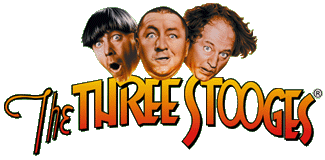
POPULAR CULTURE AS A PEDAGOGICAL AID

"Educators are extremely interested in using popular culture to enhance the teaching and learning of mathematics. Large audiences attending related talks at national mathematics meetings and colleges across the nation, including some that are standing room-only, provide evidence of that claim.
...Capitalizing on student enjoyment of popular culture can alleviate math anxiety, energize shy and quiet students, and provide a creative introduction to an in-depth study of the related mathematics."
- Sarah Greenwald and Andrew Nestler, "Using Popular Culture in the Mathematics and Mathematics Education Classroom," PRIMUS, 14(1), 1-4, 2004.
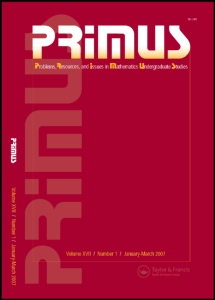
Dr. Sarah Greenwald, Appalachian State University, uses the Simpsons and Futurama to motivate math students.
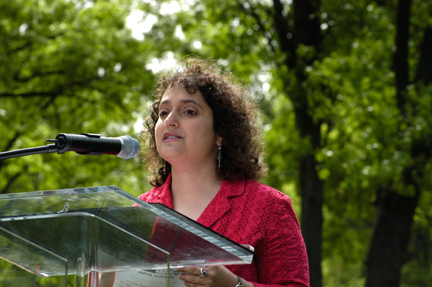
Dr. Sarah Greenwald |

Homer Simpson in Homer3 |
Dr. Greenwald, has recently received some notoriety for her work!
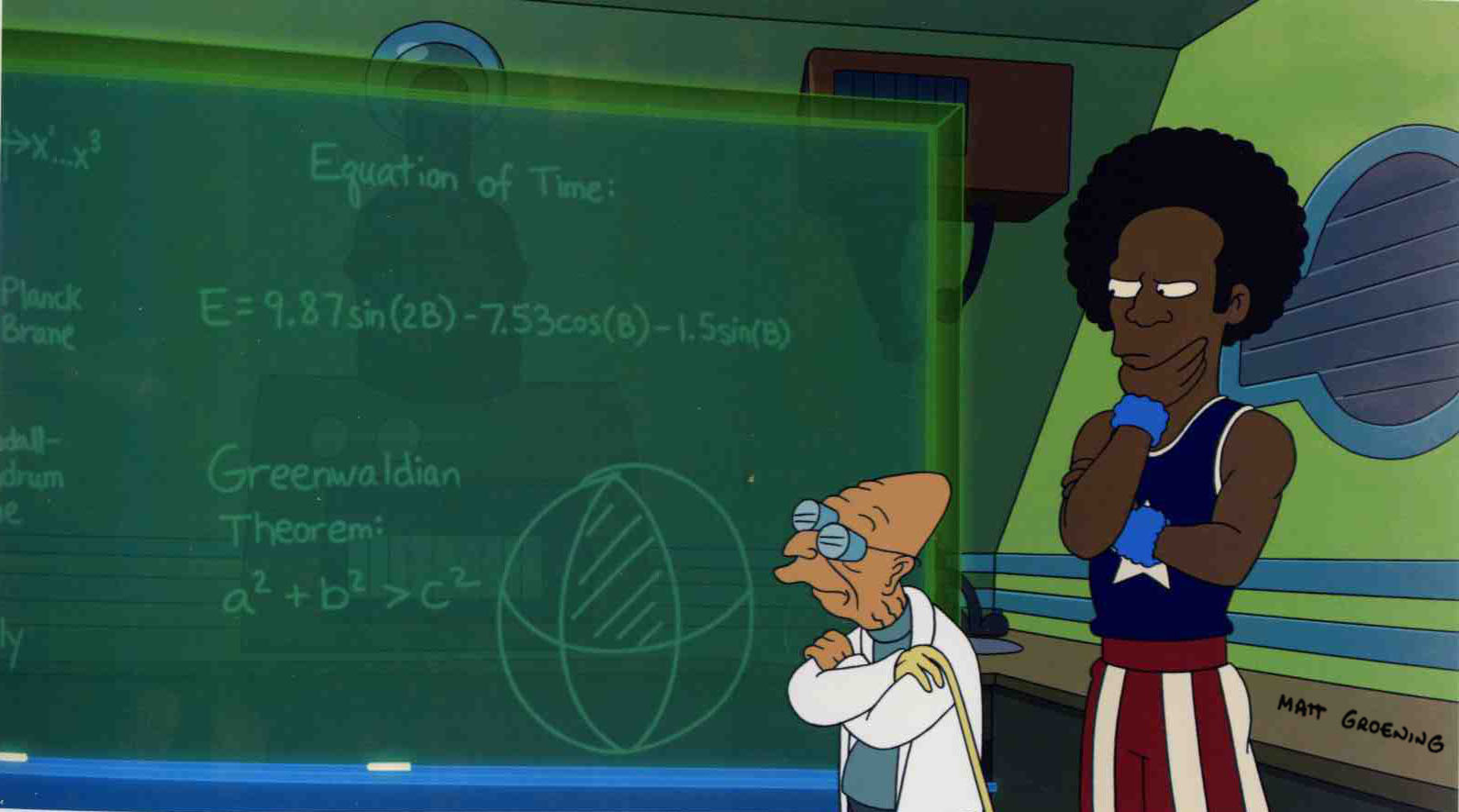
A scene from Bender's Big Score |
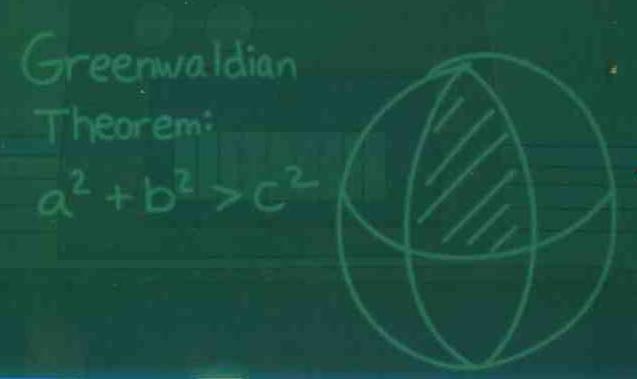
The Greenwaldian Theorem is a result from non-Euclidean geometry. |
The Three Stooges: Who, by comparison, could suffer from any intellectual anxiety?
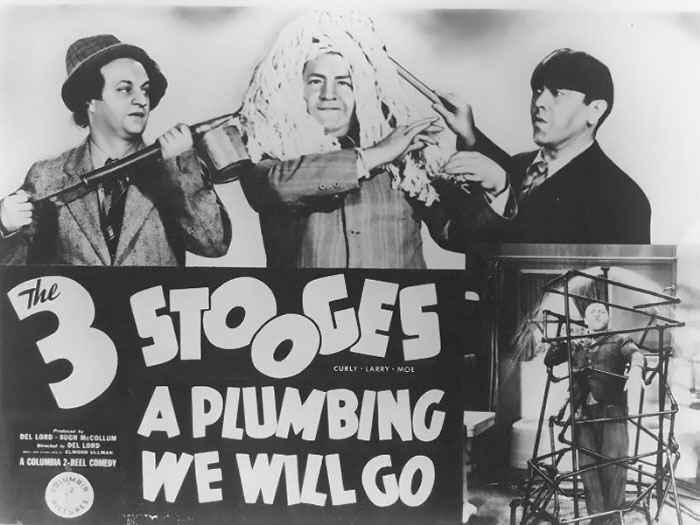
Go to the next section.
Return to The Three Stooges Statistics webpage.